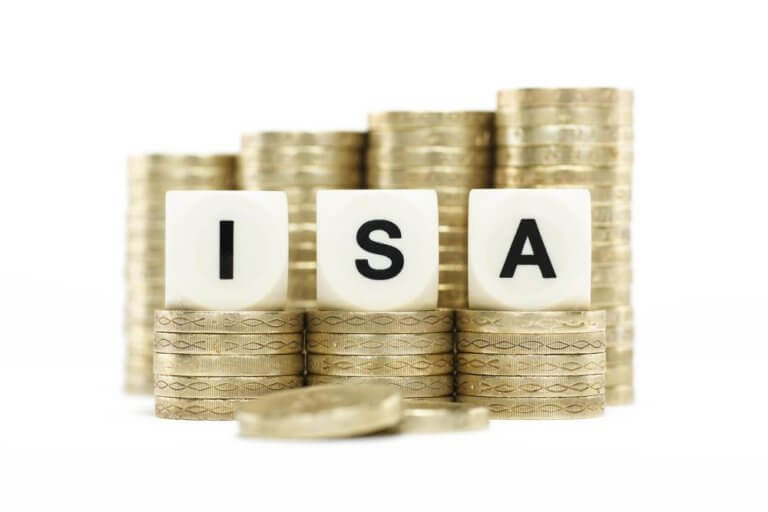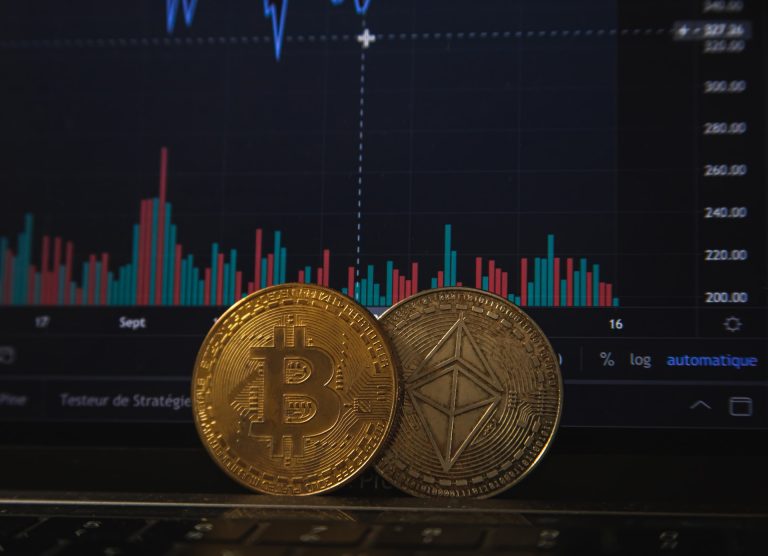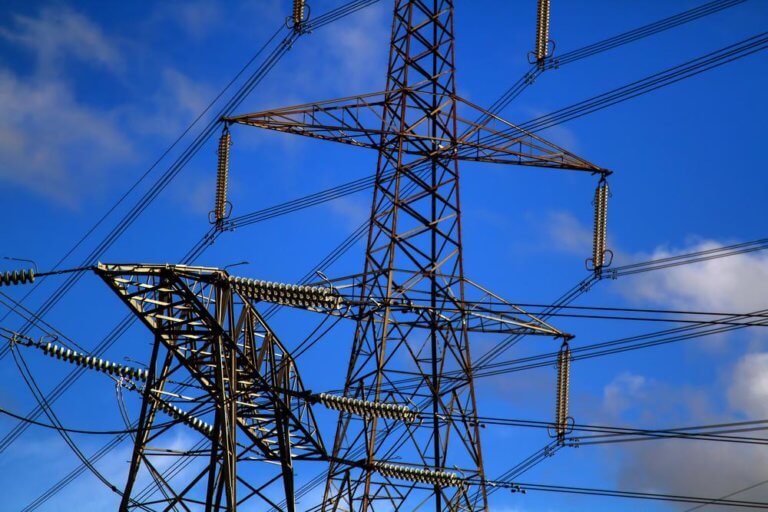
By Suky Mann, a solicitor from Higgs LLP specialising in director disqualification
The COVID-19 pandemic brought significant financial challenges for businesses around the world. The UK government introduced the Bounce Back Loan Scheme (BBLS) to support struggling businesses. While this initiative has provided crucial financial relief, questions have emerged regarding its potential impact on company directors. In this article, Suky Mann, a solicitor specialising in Director Disqualification, explores the relationship between director disqualification and bounce-back loans, addressing key concerns and clarifying the subject.
Will I be disqualified as a director over a bounce-back loan?
The existence of a bounce-back loan itself does not automatically lead to director disqualification. However, it is crucial to note that directors have certain responsibilities when obtaining and utilising these loans. If directors fail to fulfil their duties or engage in improper conduct regarding the loan, they may face disqualification.
Directors hold fiduciary duties towards the company and its stakeholders. They are expected to act in the company’s best interests, exercise reasonable care and skill, and comply with their statutory obligations. If a director breaches these duties in relation to a bounce-back loan, it can lead to disqualification.
When will a director be disqualified in relation to a bounce-back loan?
A director may be subject to disqualification if their actions breach their fiduciary duties or statutory obligations. Instances of misconduct that could lead to disqualification include fraud, wrongful trading, or obtaining a bounce-back loan through false or misleading information or ultimately using the bounce back loans for non-company related expenses.
Wrongful trading occurs when a director continues to operate a company when they knew, or ought to have known, that there was no reasonable prospect of avoiding insolvent liquidation. If a director uses a bounce-back loan to prop up a company that is already insolvent and fails to take appropriate action, they may be held personally liable and face disqualification.
Can I liquidate my company with a bounce-back loan?
While the presence of a bounce-back loan does not prohibit the liquidation of a company, it is essential to exercise caution. Directors must follow proper legal procedures when liquidating a company, ensuring they fulfil their duties and obligations. If a director misuses funds obtained from a bounce-back loan during the liquidation process, it may result in disqualification.
Directors have a duty to act in the best interests of creditors during the liquidation process. If they prioritise their personal interests or improperly distribute funds, they may be held personally liable and face disqualification. It is crucial to seek professional advice and strictly adhere to legal requirements when liquidating a company, particularly when bounce-back loans are involved.
Can a director be personally liable for a bounce-back loan?
Under the terms of the BBLS, directors are generally not personally liable for the repayment of bounce-back loans. These loans are designed to be government-backed and do not require personal guarantees from directors. However, if a director is found to have acted improperly or engaged in fraudulent conduct related to the loan, they may become personally liable.
Directors must use the funds obtained from a bounce-back loan for legitimate business purposes and ensure proper accounting and transparency. If a director diverts the loan funds for personal use, engages in fraudulent activity, or breaches their fiduciary duties, they may be held personally liable for the loan repayment. It is crucial to act with integrity and in accordance with the loan terms to avoid personal liability and potential disqualification.
What are the consequences of director disqualification?
Director disqualification carries severe consequences, affecting both professional and personal life. Disqualified directors are prohibited from acting as directors or being involved in the management of any company for the duration of their disqualification. This restriction may hinder their ability to engage in business activities, seek employment, or access credit. Disqualification also carries a stigma that can damage their professional reputation.
Moreover, disqualified directors may be personally liable for the company’s debts incurred during their disqualification period if they continue acting as if they were directors. This includes situations where they are involved in the management of a company under a different name or acting as a shadow director. Breaching these restrictions can lead to further legal consequences.
Have directors been disqualified over the bounce-back loan?
It is difficult to provide specific details about disqualifications related to the bounce-back loan scheme, as cases and investigations take time to unfold. However, it is important to note that authorities have a duty to investigate allegations of misconduct or fraudulent behaviour related to these loans. If directors are found to have engaged in misconduct, they can face disqualification and other legal consequences.
Conclusion
Director disqualification is serious, and directors must be diligent and responsible when utilising bounce-back loans. While obtaining a bounce-back loan does not automatically lead to disqualification, directors should be aware of their obligations and responsibilities. Misuse of funds, fraud, or improper conduct in relation to the loan can result in disqualification, personal liability, and severe consequences for the director. It is crucial to seek legal advice and act ethically and transparently to avoid potential pitfalls associated with bounce-back loans.
























